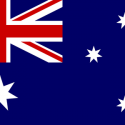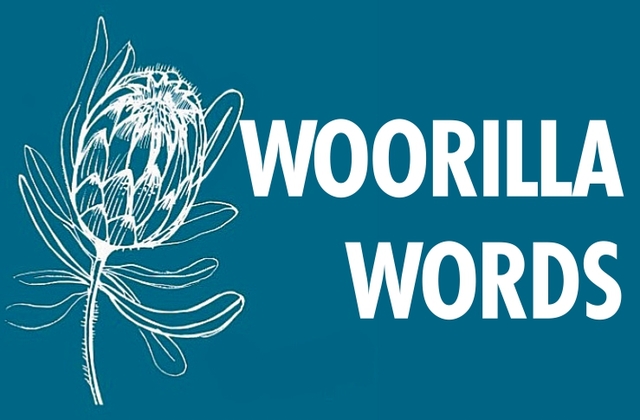COMMENT by Jesse Graham
ANOTHER Australia Day has gone by, and with it, the debate on the date of our national celebration has continued for another year.
The arguments against the current date point out that 26 January marks the anniversary of the First Fleet’s arrival, the declaration of Australia being Terra Nullius (empty land), and the disenfranchisement of Indigenous people.
Meanwhile those arguing for the current date to stay make the point that present-day Australia Day is used more to celebrate that which brings us together – our Australian values of fairness and egalitarianism – rather than that which divides us.
What is important is that these issues can be discussed openly, and without slinging insults at groups on either side – and, whatever the outcome, the discussion is worth having, and maybe this year, the debate can go further.
Regardless of opinion, January 26 commemorates the landing of the First Fleet in 1788, and the beginning of establishing the country as a penal colony of Britain.
Since then, Australia has had a troubled history, with the first inhabitants of the land displaced, killed, stripped of their children and faced with systematic oppression for years – there are Indigenous Australians alive who can attest to how different things were 50 years ago.
Initiatives such as Closing the Gap also point out that there are Indigenous people in our country who remain far from equal in some respects.
This isn’t re-writing history, this is acknowledging it. Australia is a magnificent country in many respects, but there are dark moments in our history to counter-balance the bright.
In light of this, and looking back at the last 200 years of Australian achievements, there are surely better dates that can be used to celebrate our nation and all of its peoples.
Australia was federated on 1 January, 1901, moving from six colonies to one Commonwealth of Australia. As New Year’s Day is its own celebration, there would certainly be many against making the day our national celebration (particularly with the loss of another public holiday) – but why not the day after? We can celebrate the beginning of a new year on 1 January, and then celebrate our country the next day in a huge, two-day event?
The 1967 referendum, which removed constitutional passages discriminatory towards Indigenous Australians, was held on 27 May – it’s not the middle of summer, like our current date, but it’s a great candidate for celebrating the egalitarian values we so often espouse.
What about 16 August, the date where Gough Whitlam poured sand into the hands of Vincent Lingiari after returning traditional lands to the Northern Territory’s Gurindji people in 1975? A symbolic moment like that is surely worth commemorating, even if it doesn’t fall in a summer month.
How about 19 April – the day Advance Australia Fair was officially made our national anthem?
Or, if Australia becomes a republic, that date could take the title of a modern Australia Day?
This might be a sticking point that we, as a country, are unable to move past. But the question should still be taken and dealt with seriously.
Australia Day is meant to be a day where we can all celebrate the incredible land on which we live, and the egalitarian values so often attributed to Australians – mateship, and a fair go for all.
If Australians in their thousands see the date as a reminder of our troubled history, and unfairness towards the first people to occupy this magnificent land, then it’s worth stopping for a moment, putting pre-conceived ideas or prejudices aside, and giving it a good, long think.
If all else fails, we still have 12 December – the anniversary of the Australian Dollar being floated.







